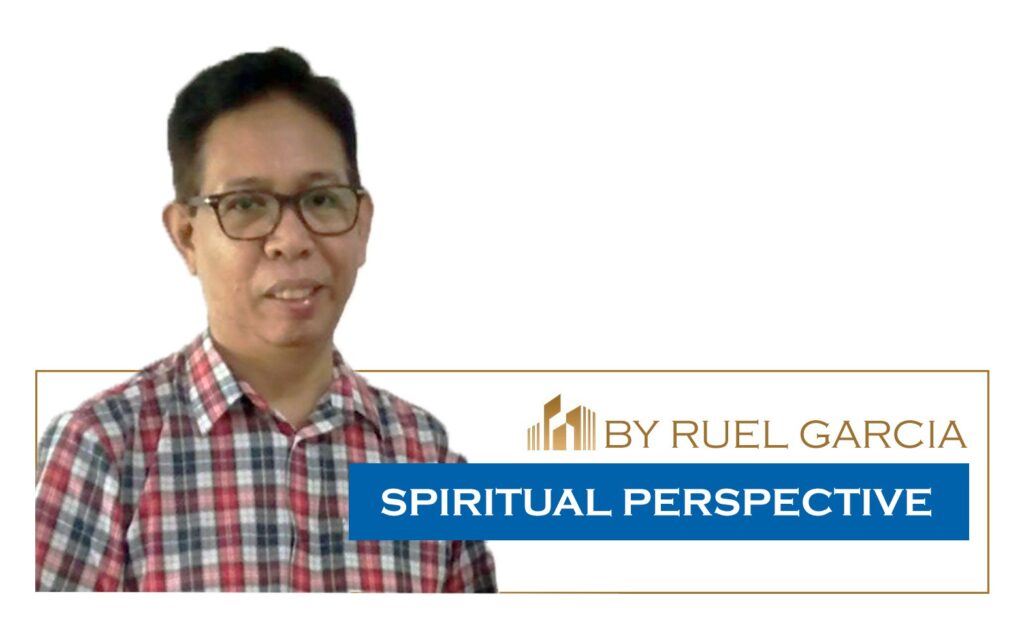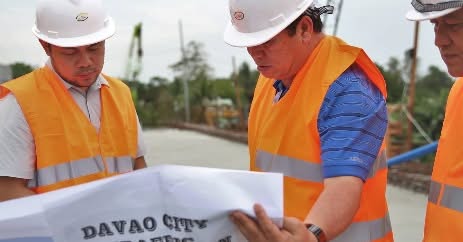As the Christmas spirit begins to permeate the air, a darker political reality looms over the Philippines. In a time that is traditionally associated with joy and generosity, Speaker Martin Romualdez and his political cohorts seem more focused on maneuvering their way through the labyrinth of power ahead of the 2028 presidential elections. The anticipated 2025 maneuvered budget whispers of corruption and self-serving interests, allowing the elite to exploit public resources while neglecting the fundamental needs of the Filipino people. In a striking display of contempt for public welfare, both houses of Congress—controlled by ambitious politicians like Romualdez and Senate head Chiz Escudero—have slashed the original national budget proposal presented by President Ferdinand “Bongbong” Marcos Jr.
This drastic reduction particularly affects crucial sectors such as education and healthcare, which are essential for fostering social capital and improving the overall livelihood of citizens. This raises serious concerns about the priorities of our Senate and the House of Representatives, who seem more invested in infrastructure projects funded by the Department of Public Works and Highways (DPWH) than in uplifting the health and education of the nation’s youth. Senator Imee Marcos has gone so far as to label the 2025 national budget as the “worst ever” budget signaling a rift between the executive and legislative branches. While President Marcos prioritizes health and education, Congress cleaves to infrastructure projects, which not only shows a lack of cohesion but also suggests a deeper political agenda lying beneath the surface.
The 2028 political landscape is already being shaped, with Speaker Martin Romualdez and his cohorts subtly positioning themselves as a formidable contender for the presidency. The idea of a more localized budget, particularly concerning infrastructure, plays into this ambition, offering the perfect breeding ground for political patronage and influence peddling. In this troubling scenario, the Filipino people find themselves caught in the crossfire of competing ambitions, their needs relegated to the backdrop of political maneuvering. As lawmakers forge ahead with their plans, the glaring silence of the media, particularly so-called “investigative journalists,” raises pressing questions. Why are key journalists not scrutinizing these dubious budgetary decisions that could dictate the nation’s future? Are they blind to corrupt undertones that seem to masquerade as governmental efficiency?
This lack of accountability from those who should be illuminating the truth is shocking and disheartening. In this treacherous political landscape, citizens are left to wonder if President Bongbong Marcos is indeed the architect of his administration or simply a figurehead controlled by his family—particularly his wife and cousins. The suggestions of budget insertions favoring certain legislative districts hint at a revival of patronage politics, where political favors and financial gains overshadow genuine governance. Such actions signify a disconcerting trend whereby the ruling elite enjoys the fruits of political power while the general populace remains ensnared in cycles of poverty and disenfranchisement. As politicians gear up for the 2028 presidential race, there is little regard for the welfare of the common Filipino. The impending 2025 budget appears to serve more as a stepping stone for personal political ambitions rather than as a tool for national upliftment. The question remains—what remedies are available for President Bongbong Marcos to regain the trust of the Filipino people?
It begins with genuine engagement with constituents and acknowledging their demands. If he aims to be viewed as an authentic leader, he must step away from the shadows of his relatives and enact reforms that prioritize the welfare of his citizens. A proactive response from the President could include re-establishing the significance of healthcare and education within the national budget. He could rally Congress to consider the long-term implications of their decisions and advocate for a budget that genuinely reflects the needs of the populace. The task at hand requires listening, not just hearing—the voices of the Filipino people clamoring for better education, healthcare, and infrastructure that genuinely uplifts rather than exploits.
As the festive season draws closer, it serves as a poignant reminder that Christmas is often skewed in the political arena; a time when the corrupt thrive amid the celebrations while the less fortunate remain overshadowed. Many Filipinos look forward to a day when seasonal joy is not reserved for politicians wielding their influence but is shared and celebrated by all. Christmas should be a call to reflection and action. Let it inspire us not just to embrace benevolence in our personal lives, but also to demand accountability from our elected officials.
As the countdown to the 2025 budget and the overarching 2028 elections begins, the political climate in the Philippines is rife with uncertainty. Will President Bongbong Marcos emerge as a beacon of hope, or will he succumb to the entrenched interests of a corrupt political machine? It is time for all citizens to express their will—loudly and confidently. Demand a return to the core principles of governance that prioritize the health and education of the Filipino people. Call for integrity in the 2025 budget proposal and challenge the narrative that infrastructure projects alone can sustain a nation. Uphold the rights of all citizens to transparent governance that reflects their needs and aspirations.
As the spirit of Christmas awakens themes of hope and renewal, let it also spur us to demand the good governance we all deserve. The marathon toward social justice and equity is long, but every step taken is a step closer to a future where every Filipino can celebrate the true essence of Christmas—not just in December, but every day of the year.
Together, let us all pray for a transformation in our political landscape, one where every Filipino can experience the joy and prosperity that comes from genuine leadership. Let’s encourage President Bongbong Marcos and his administration to write a budget reflective of their words and promises. By lifting the lives of the oppressed, investing in education, and restoring trust in governance, a true Merry Christmas for the Filipino people will surely come—in time, and with deserving grace. Together, let’s build that vision into a reality. The people of the Philippines have endured enough; it is high time to reclaim the joy, hope, and faith in their leaders.




